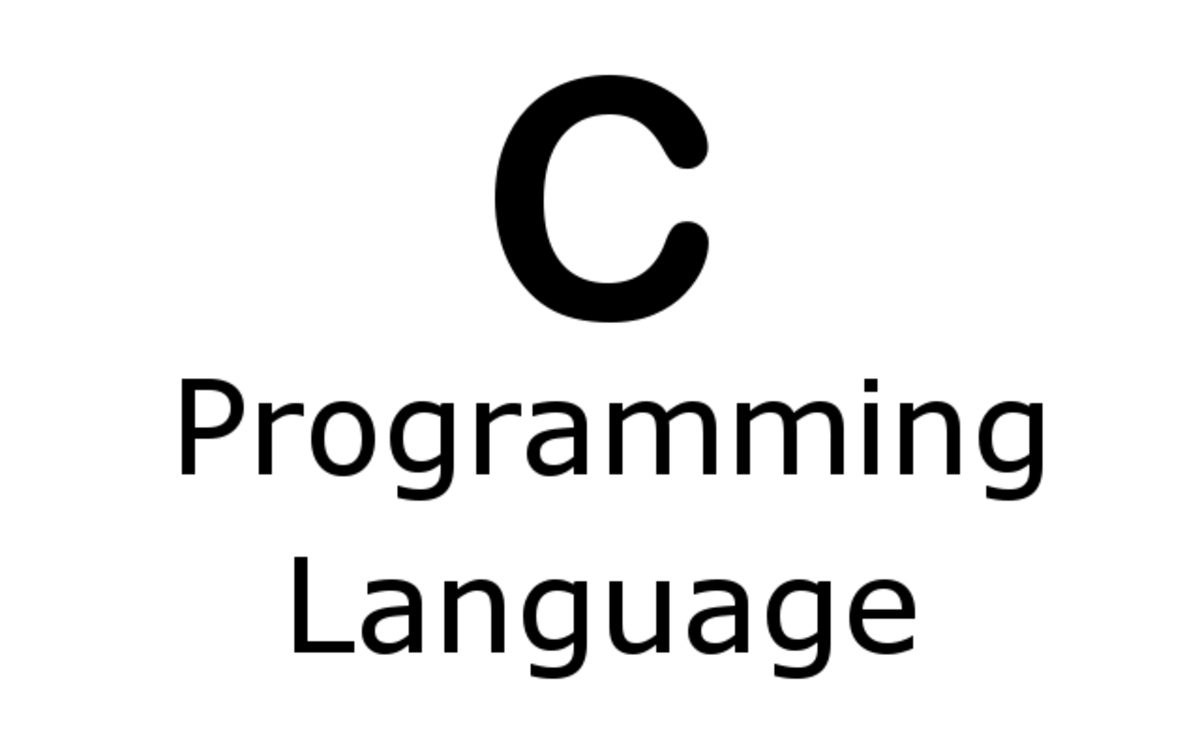Variables in the C programming language
Programming is all about creating changes in the way information is stored in a computer. To make this possible, we need easy access to the contents of computers memory. This is what programming language variables allow us to do: they give a simple way to store and retrieve information into the computer's memory.
It may come as a surprise to you that we, as programmers of high level applications, have direct access only to locations in the random access memory (RAM). Whenever it is necessary to have access to disks, the network servers, or other types of store memory, this is done in an indirect way, through manipulation of main memory.
A variable is a named memory, that can be used to read and write information. In this sense, variables are nothing more than "buckets" that can be used to store whatever values are needed for a specific computation. However, as different materials require different containers, we also have different types of variables for the various contents that can be stored in it.
Suppose, for example, that the value to be stored is an integer number. In C++ this is called an int, and there is a specific declaration for each variable of the integer type, so the computer knows that only integers will be stored in that location.

There are just a few basic variable types in C++. They can be either numeric (such as integers and floating point numbers) , characters (such as the letters of the alphabet), or Booleans (representing the values true or false). What makes C++ rich is the several ways in which these basic building blocks can be combined. For example, one can have sequences of variables, variables that can be negative (signed) or only non-negative (unsigned), or variables that have more or less space to store values (short or long). Moreover, C++ allows these basic variable types to be combined into complex data objects, using structs or classes, for example.
The basic types are the following:
- Integers: they are declared using the keyword int. They represent integer number that are positive or negative. The limit on the integer size is dictated by the architecture in which the compiler has been implemented. Many modern computers store integers in four bytes, thus 2^32 is a practical limit for the values that can be stored in an integer variable.
- Floating point numbers: Floating point numbers are used to represent real numbers in an approximate way. Remember that real numbers may have an infinite representation (for example, Pi), therefore only approximations can be stored in a computer. C++, as its antecessor C, has two main types for floating point numbers: float and double. A double is supposed to have more storage capacity than floats, and this is usually the case depending on the computer used. Although both types are available, its considered better to used only doubles to avoid rounding problems.
- Characters: a character, declared as a char, can be used to store any alphanumeric values, such as the letters from ‘a' to ‘z', numeric values from ‘0' to ‘9' when they are not interpreted as numbers, and other codes such as punctuation symbols, etc.
If you enjoyed this article, visit my other Hubpages:
- The Ten Best Applications for the Apple MacIntosh
- Mac OS X
- How to Build a Free Web Site
- Improving Your Credit Report
- Finding MP3 Files on the Internet for Your Music Player
- The Ten Best Applications for the Apple MacIntosh
- How to get TV content for the iPod Video
- Creating your own iPod screen design
- Microsoft Zune: the Good and Bad of the MP3 Player
- How to become a computer programmer
- GooglePack







